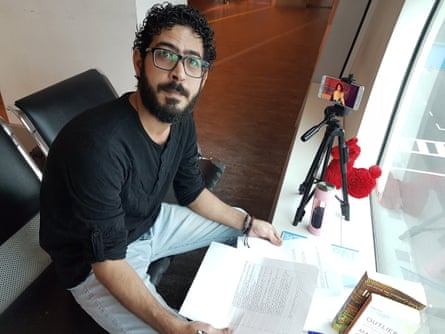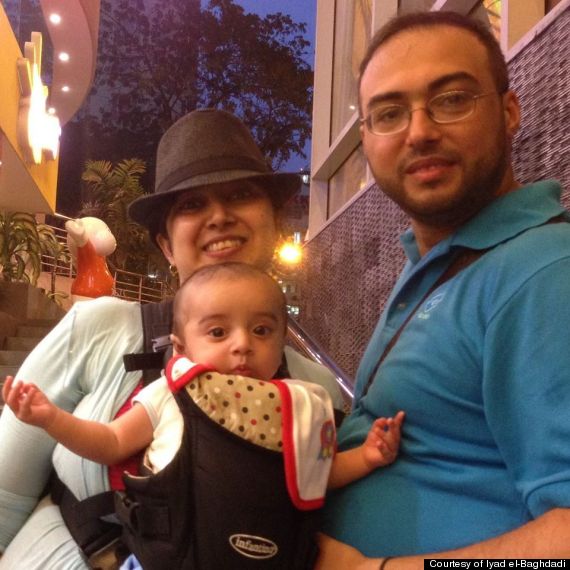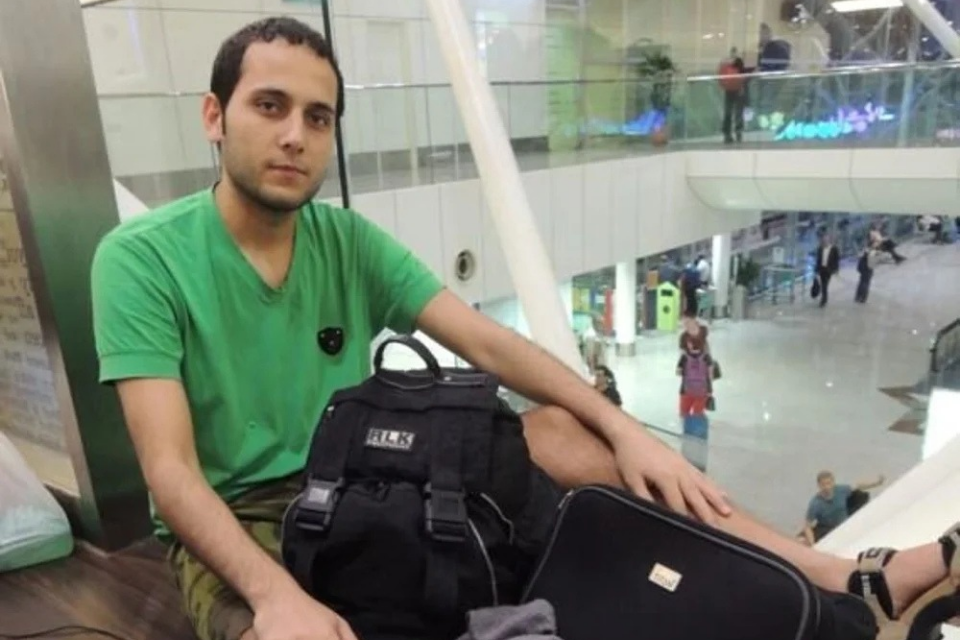Have you ever heard of or watched the Hollywood film The Terminal? For those unfamiliar, the movie tells the story of a man who is forced to live in an airport after his passport was revoked due to a civil war.
Though The Terminal is a work of fiction, did you know it was partially inspired by a real-life event? While the inspiration may have originated from a story in France, Malaysia has its own share of not one, but three similar cases involving individuals stranded at the airport for months.
Here are the stories of three individuals who were once stranded at KLIA:
1. Hassan Al-Kontar
For this Syrian citizen, it all began when he refused to join the army during the outbreak of civil war. Hassan Al-Kontar had previously left his home country at age 25 to work in Abu Dhabi.
However, he was soon out of the workforce after the Syrian embassy refused to renew his passport, preventing him from extending his work visa.
 Image Credit: The Guardian
Image Credit: The Guardian
In an interview with The Guardian, Hassan shared that he was forced to live illegally in the United Arab Emirates (UAE) for several years. In late 2016, he was deported to Malaysia after spending two months in immigration detention.
His seven-month ordeal at KLIA in 2018 began after a series of unfortunate events, including an attempt to enter Cambodia. He was deported back to Malaysia after being denied entry, but as a deportee, he was not allowed to re-enter Malaysia, leaving him stranded at the airport.
“I made friends with a cleaner who, for a fee, agreed to make regular trips to Starbucks on my behalf. I paid other members of the cleaning staff to take my clothes home to wash, and learned to shower in the disabled toilets in the early hours. I started sleeping under the escalator.”
Hassan’s fate changed when he began sharing his story on social media. With the help of a group of Canadians, he was eventually granted asylum in Canada.
2. Iyad el-Baghdadi
In 2014, prominent activist Iyad el-Baghdadi was stranded at KLIA for 26 days after being deported from the UAE.
While the official reason for his deportation was never disclosed, Iyad claimed it was due to his outspoken online criticism of repression and leadership in the region. He was reportedly given two choices: imprisonment or deportation.
 Image Credit: Noema Magazine
Image Credit: Noema Magazine
Although deportation typically means returning to one’s home country, Iyad’s case was complicated. Born in Kuwait and raised in the UAE, he held Egyptian travel documents as a Palestinian refugee.
The UAE deported him to Malaysia on May 13, believing he would be accepted as a Palestinian refugee. However, upon arrival at KLIA, he was not allowed past passport control.
Iyad had no choice but to wander around KLIA until June 8, when he was finally allowed into Malaysia as an “exceptional case,” thanks to the support of friends, activists, and the Palestinian Embassy. His wife and son later joined him in Malaysia before the family relocated to Norway in hopes of being granted asylum.
3. Ahmed Kanan
 Image Credit: Huffpost
Image Credit: Huffpost
For nearly two months, Ahmed Kanan was forced to live at KLIA due to complications with his Palestinian passport.
In February 2012, Kanan was a 22-year-old tourism student in Russia. After a year, he was told to renew his visa in Syria, where he had grown up. However, with civil war raging in Syria, returning was not an option.
He tried his luck in Ukraine but was denied entry. He then turned to Malaysia, hoping to study at Universiti Teknologi MARA (UiTM), but his application was rejected.
 Image Credit: HuffPost
Image Credit: HuffPost
With his Malaysian visa expired, Kanan attempted a short trip to Laos to renew it, only to be deported back to Malaysia. He was granted a seven-day tourist visa and then tried to enter Egypt, but was rejected by the airline due to his Palestinian passport. His next attempt to fly to Turkey led to an even bigger problem—authorities there allegedly lost his passport.
“I told them that I'm from Syria. They took my passport and asked me to wait. I was in a room for two hours when a border officer returned without my passport. He told me that they did not have it and put me in a room for twelve hours before sending me back to Malaysia by force.”
During his 54 days stranded at KLIA, Kanan relied on the kindness of passengers and staff who helped him with food and laundry.
His ordeal ended when the United Nations recovered and returned his passport. He also managed to get his story out by contacting a journalist, which helped secure his release.
Kanan was granted a 30-day Malaysian visa and went on to live with a friend in Melaka.
Featured Image Credit: Huffpost, Global Voice Addox, man@the_airport







